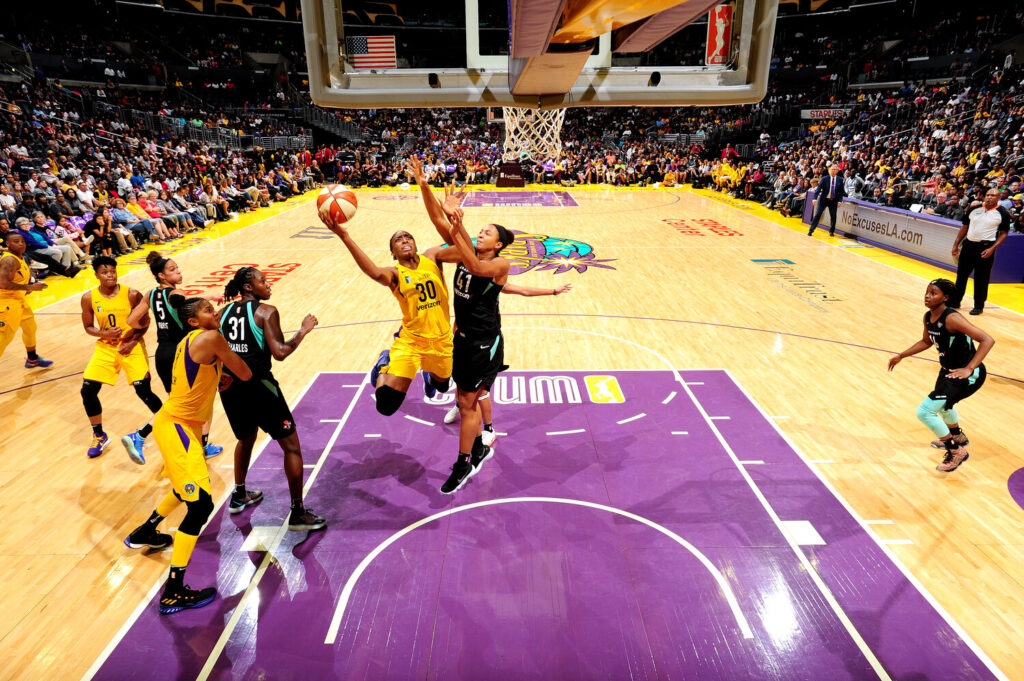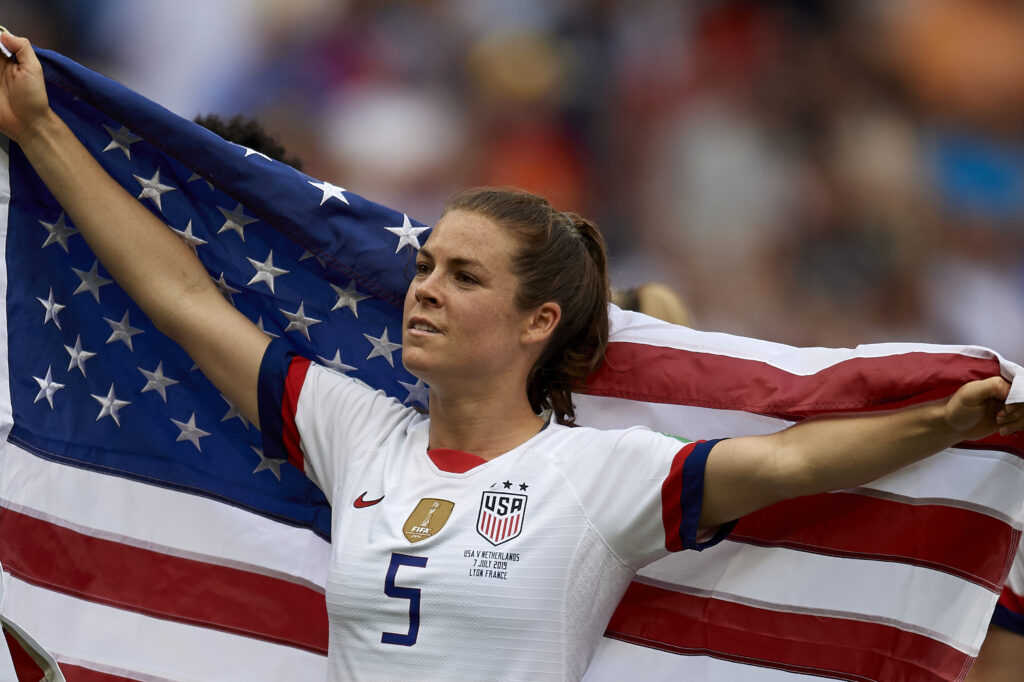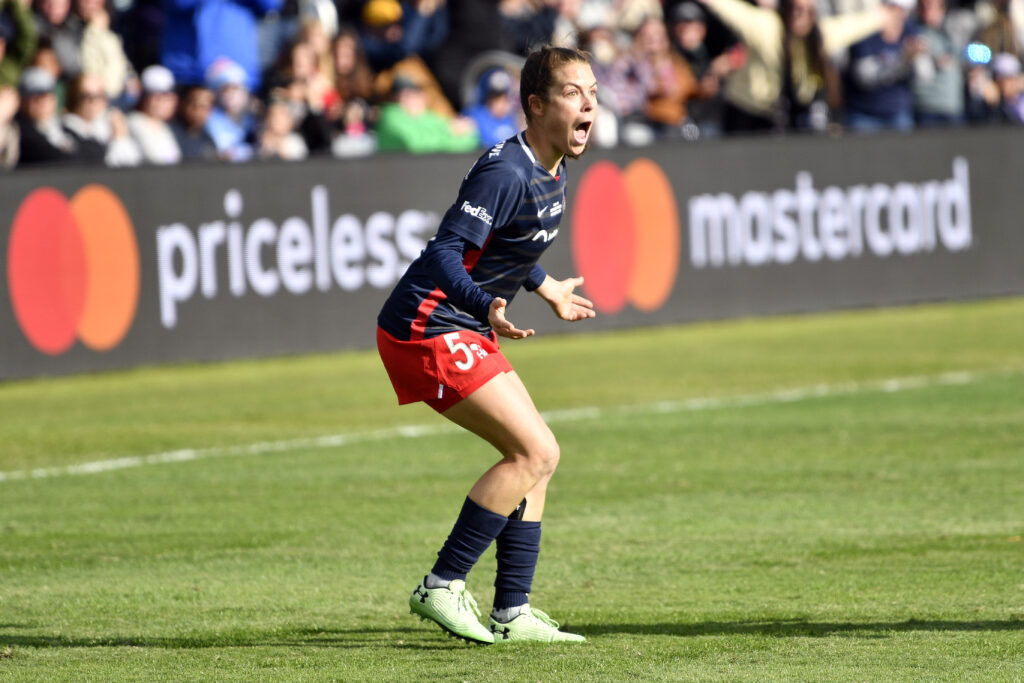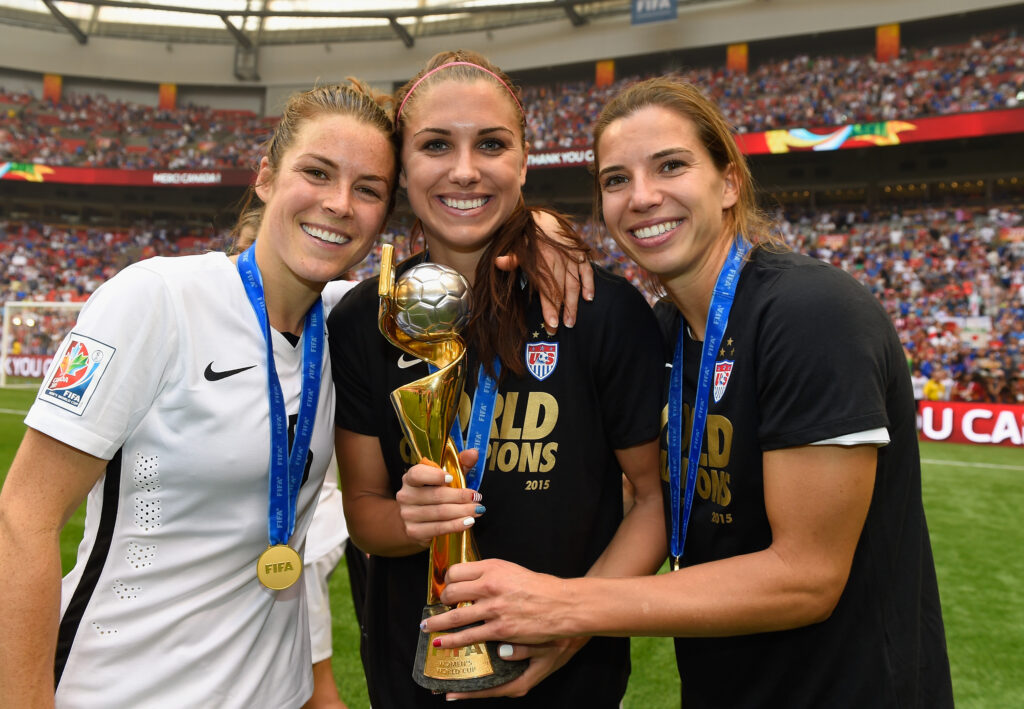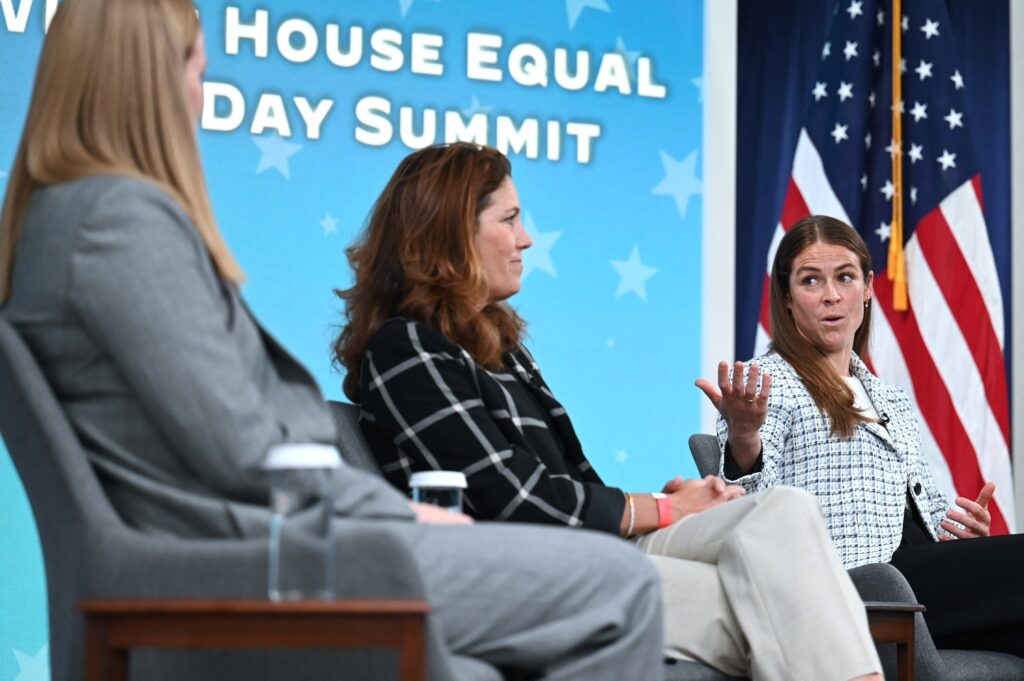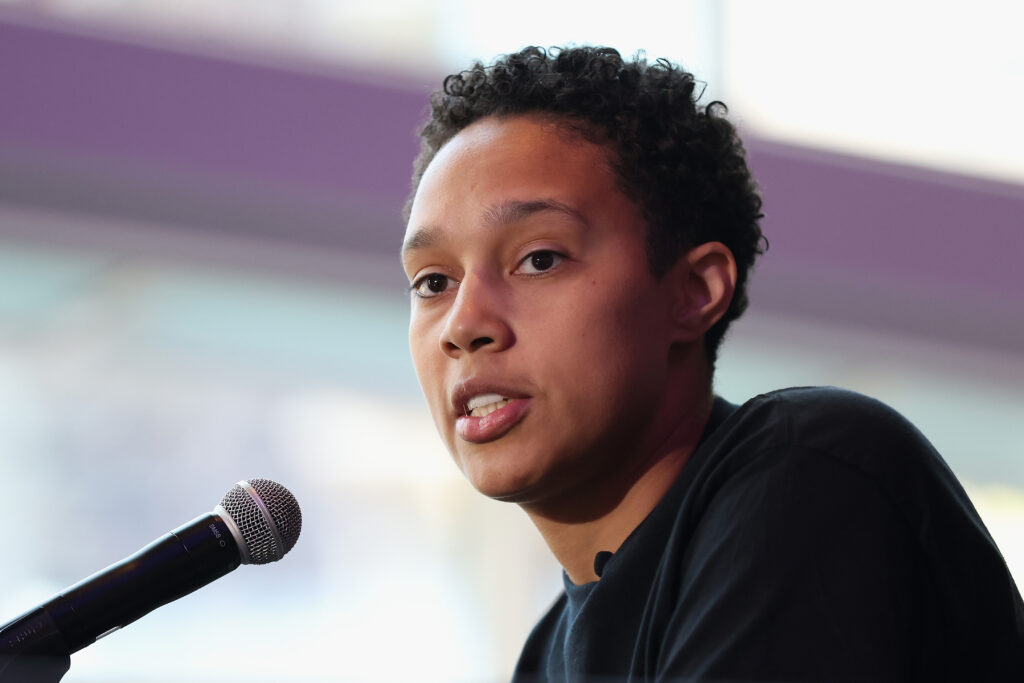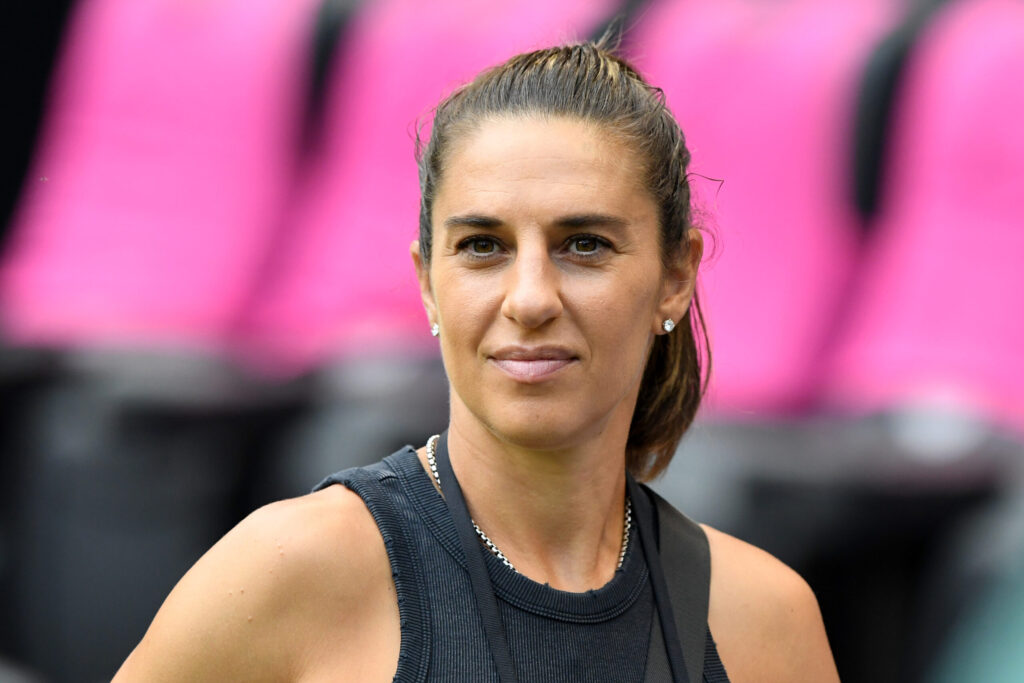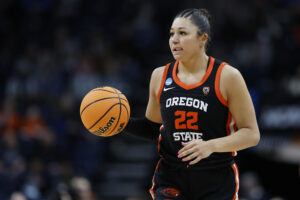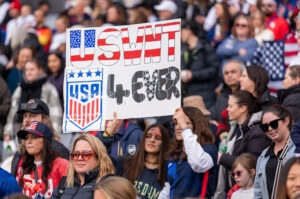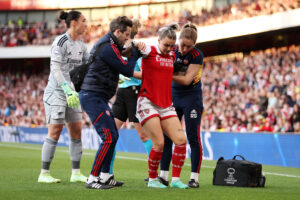Growing up playing soccer, Mia Hamm was my idol. I had a huge poster of her plastered on my wall, I read and reread her memoir, Go for the Goal, and I even made an exception to my strict no-doll policy with an original “Mia Hamm” Barbie.
She was my biggest inspiration — watching her attack backlines and weave in and out of defenders, she showed me how beautiful, creative, and powerful soccer could be. Her dominance ignited a passion for the game I didn’t know was possible. I was determined to be the best soccer player I could be, to see if I could elevate my play to the level she achieved.
But even though Mia was the greatest in the world, I could only ever see her play every few years during the World Cup or the Olympics. There wasn’t any way for me to follow her career.
That didn’t feel right as a kid, and it still doesn’t today.
Just Women’s Sports is here to change that. We’re building a platform for just women’s sports, one that will showcase these athletes for the athletes they are. Through highlights, news, analysis, interviews, players features and long-form content, we want to talk about everything that makes sports universal entertainment: the thrilling wins and the crushing defeats, the grueling training and the career-changing injuries, the unexpected trades and the silly antics between teammates.
We know that representation matters, that role models are necessary, and that without better coverage of female athletes and women’s sports we are robbing future generations of their inspiration and courage.
Because Mia Hamm wasn’t just my idol — she inspired a whole generation of female soccer players to change their lives through sport. But what type of impact might she and her teammates have had if they had actually been given a consistent platform? How many more athletes could she have inspired if they’d been able to follow her career? If her sport hadn’t been treated as a once-every-four-years event?
Women today are not only 50% of the population, but 50% of all sports participants. And yet they only receive 4% of all sports coverage. This massive discrepancy in media attention is more than just a disadvantage to female athletes everywhere — it’s a disservice to fans, who are only ever exposed to half of all sports stories.
We know that athletes push us. They challenge us to consider who we are, what we want, and how hard we are willing to work for our dreams. In their dedication and ambition, they embody our innate desire for achievement and self-fulfillment. In their victories and defeats, in all their strength and vulnerability, they depict in its purest terms the drama of being human.
Female athletes partake in all of this while also having to navigate the unique complexities of being a woman in the world of sports. From dealing with condescending questions from reporters to returning to play after childbirth, from pay disparity to hyper-sexualized media coverage, these women are competing with more than just each other to prove themselves as athletes. Their very existence challenges the way women are perceived in society today.
For decades, female athletes have been fighting for better coverage on existing platforms. At this point, we’re done holding our breath.
We’re launching Just Women’s Sports because we know this lack of coverage isn’t just an inconvenient reality inherited from the past — it’s a barrier that’s actively hindering the growth of women’s sports.
We’re done waiting for the old platforms to catch up.
We’re building our own.
Subscribe to the Just Women’s Sports newsletter. Follow us on Instagram, Twitter, or Facebook.
Questions? Write to us at [email protected]
